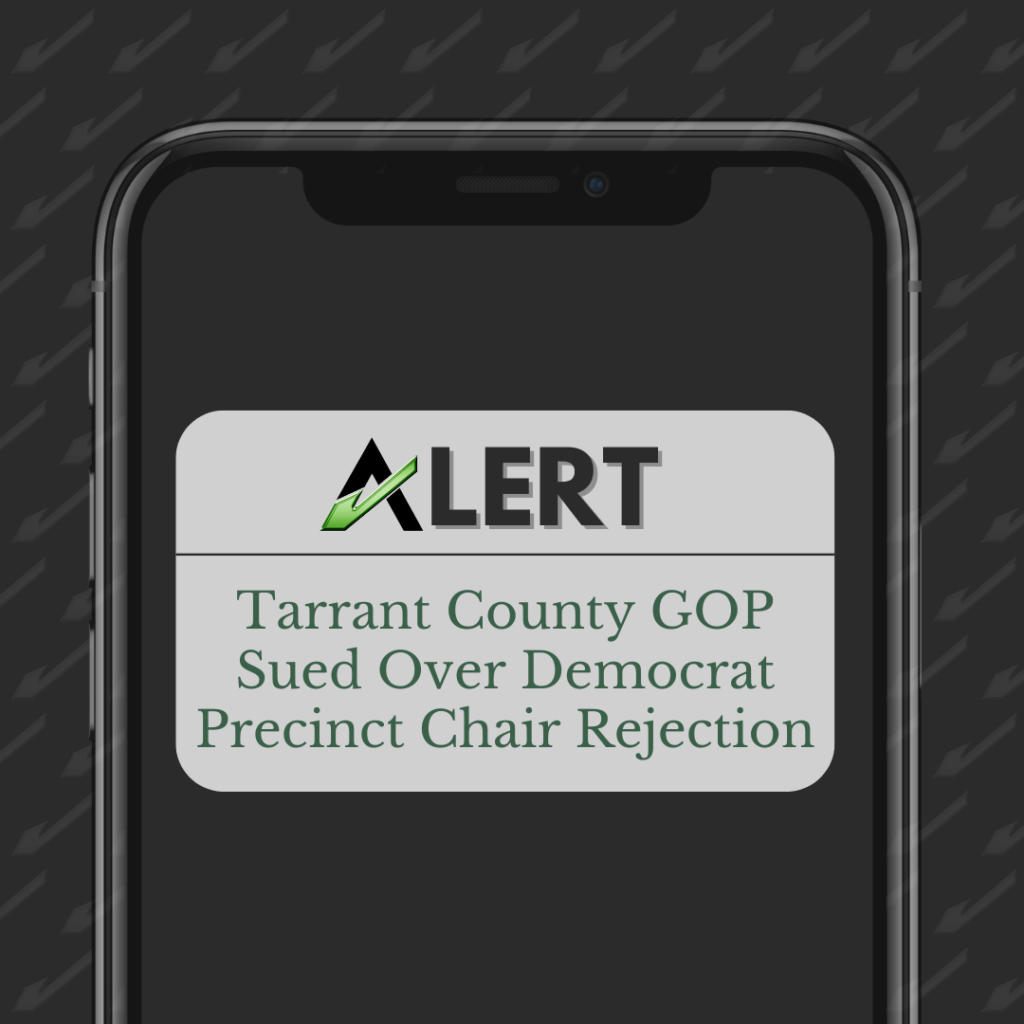The legal dispute surrounding the Tarrant County GOP and its chairman, Bo French, has ignited a fierce debate over party affiliation and organizational integrity. At the heart of the controversy is the refusal to allow Chris Rector, a former Democratic candidate, to assume the role of a Republican Precinct Chair. Rector’s political history, including his candidacy in Texas’ 25th Congressional District primary and Texas House District 97 race, has raised concerns among GOP officials regarding his allegiance and commitment to Republican values.
The Tarrant County GOP alleges that Rector’s hiring of the general counsel for the party as his own legal representative underscores his questionable motives and loyalty. Bo French, in addressing the situation, emphasized the need for legislative action to close the Texas primary, citing it as a critical step to prevent similar instances in the future. French’s stance reflects a broader concern within the party about safeguarding its identity and principles from potential infiltration by individuals with opposing ideologies.
Advancing Integrity has long supported French’s position, echoing the sentiment that allowing Democrats to hold leadership positions within Republican organizations could dilute the party’s core values. Moreover, voters could be disenfranchised and confused if individuals with affiliations to one party seek to wield influence within another. The case underscores the importance of maintaining the integrity and autonomy of political parties, ensuring that they remain true to their respective platforms and constituencies.
“Closed primaries are needed for election integrity,” said Christine Welborn, president of Advancing Integrity. “Not only will it prevent intra-party sabotage, but it would serve as a guard against ranked-choice voting and inaccurate voter rolls.
“Closed primaries are essential to accurate elections and must be a priority at the RPT Convention and in the next session of the Texas Legislature,” she added when asked for comment from Texas Scorecard.
As the legal proceedings unfold, the outcome will undoubtedly have far-reaching implications for the political landscape of Tarrant County and beyond. The resolution of this dispute will not only shape the internal dynamics of the Tarrant County GOP but also serve as a litmus test for the strength of party structures and the enforcement of party rules. Ultimately, the case highlights the ongoing tension between party loyalty and individual rights, as well as the need for robust mechanisms to uphold the integrity of political organizations in an increasingly polarized political climate.

